detail profile vladimir muravyov
Peran Yang Di Mainkan Vladimir Muravyov
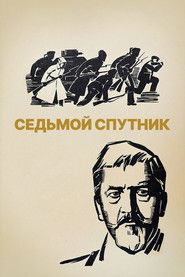 A portrait of the era of...
A portrait of the era of...The Seventh Companion 1967
A portrait of the era of "Red Terror" during the civil war that followed the Bolshevik revolution, The Seventh Companion offers a character study in General Adamov (Andrei Popov), a law professor in the tsarist army, who is incarcerated by the Bolshevik secret police along with many other members of the bourgeoisie. Finally released into the new world of the Soviet Union, the resigned officer finds that he has lost everything from his old life except a mantel clock that he carries through the night from place to place, until he ends up back where he started.
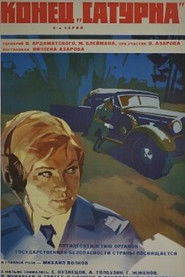 A second part of story about...
A second part of story about...The End of 'Saturn' 1967
A second part of story about a Soviet spies trying to infiltrate German Intelligence center "Saturn" during and after the WWII.
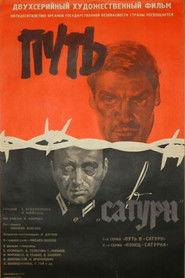 A first part of story about...
A first part of story about...The Road to 'Saturn' 1967
A first part of story about a Soviet spies trying to infiltrate German Intelligence center "Saturn" during and after the WWII.
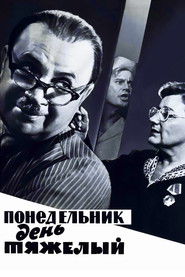 Having very skillfully organized the food...
Having very skillfully organized the food...A Hard Day's Monday 1964
Having very skillfully organized the food production of "worse quality, but more quantity", the Tonap share partnership began to gain power. Khristoforov, the underground organization's head, is concerned about the spoiled products' sale, and he developed an operation to get closer to the city industrial council: asked for a meeting, and by Monday he ordered Stryapkov to find a gift. However, an incident occurred: the crown from the gold watch of Evlampius Kokin, a master of the sausage shop, was found in the sausage. Kokin, who had long been tormented by fear, without consulting with the leadership, came to the police himself.
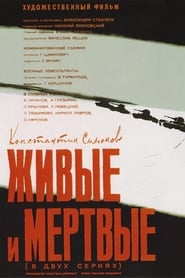 A Russian war correspondent is drafted...
A Russian war correspondent is drafted...The Alive and the Dead 1963
A Russian war correspondent is drafted into the war and finds himself in the middle of battle. When he loses his party card, however, he is treated as a deserter until he finds help from a kind man. This Soviet war feature was considerably outspoken for the time as it addressed issues such as anti-Stalinism, Siberia and the inhumanity of war. Adapting his screenplay from a book by Constantin Simonov, Alexandre Stolper was responsible for writing as well as directing.
 In a young anthropologists dream he...
In a young anthropologists dream he...The Man from Nowhere 1961
In a young anthropologist's dream, he brings a member of the imaginary mountain tribe called Tapi to Moscow, in order to save him from being eaten by other tribesmen as well as to prove the tribe's existence to academia. The main character is probably based on Yeti.
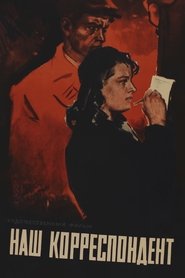 The journalist of the village newspaper...
The journalist of the village newspaper...Our Correspondent 1959
The journalist of the village newspaper Tatyana Nikitina was published in a large metropolitan newspaper, but no one from the villagers believes her, because the article itself was published under her creative pseudonym. Tatyana, offended at everyone, packed her things and left for Moscow, where she was willingly hired for a job in a central newspaper. Traveling throughout the country, she writes feuilletons and notes, finds friends and enemies, finds and does not lose loved ones...
 The film is based on the...
The film is based on the...The Idiot 1958
The film is based on the first part of the novel of the same name by Fyodor Dostoevsky. Prince Myshkin returns to Russia from Switzerland, where he was treated in a psychiatric clinic. On the train, on the way to St. Petersburg, the prince meets Parfyon Rogozhin, who tells him of his passionate love for Nastasya Filippovna, the former containment woman of the millionaire Totsky. In St. Petersburg, the prince finds himself in the house of his distant relative – Lizaveta Yepanchina (General's wife), meets her husband, their daughters, as well as the Secretary of General – Ganya Ivolgin. The portrait of Nastasya Filippovna, accidentally seen on the general’s table, makes a great impression on the prince...
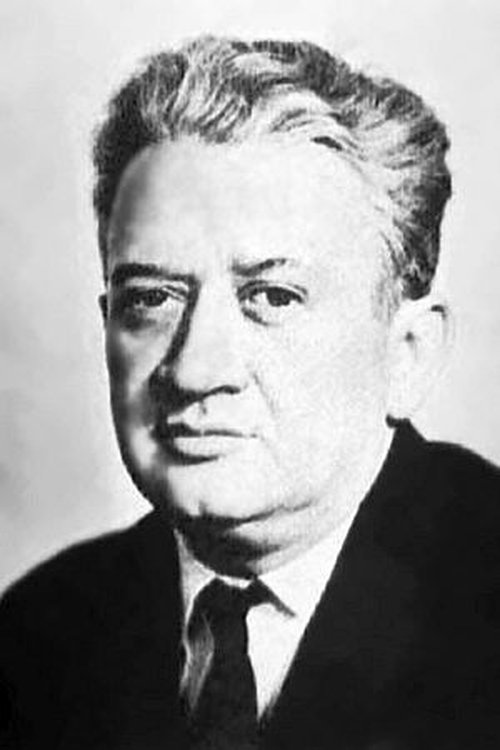
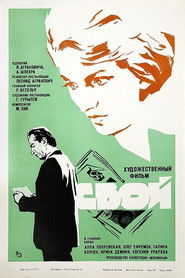
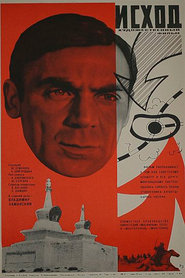 It shows how the October Revolution...
It shows how the October Revolution...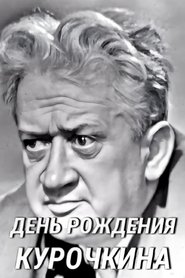 Returning to an empty apartment after...
Returning to an empty apartment after...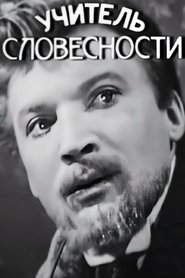 Based on the story of the...
Based on the story of the...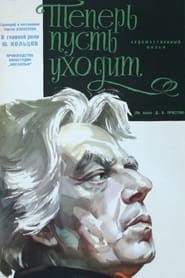
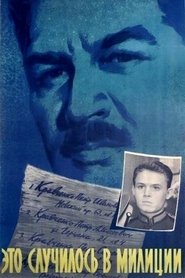 A story about police detectives working...
A story about police detectives working...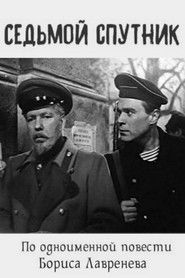
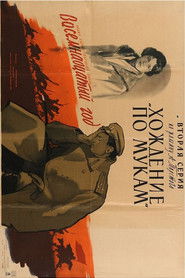 Swept up in political unrest during...
Swept up in political unrest during...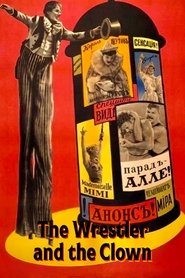 Its a story about two of...
Its a story about two of...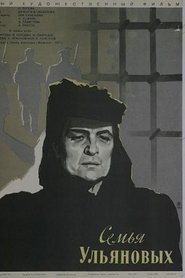 A story about young years of...
A story about young years of...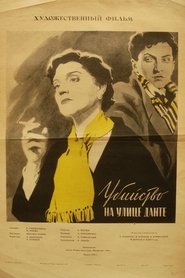 A story about tragic events in...
A story about tragic events in...